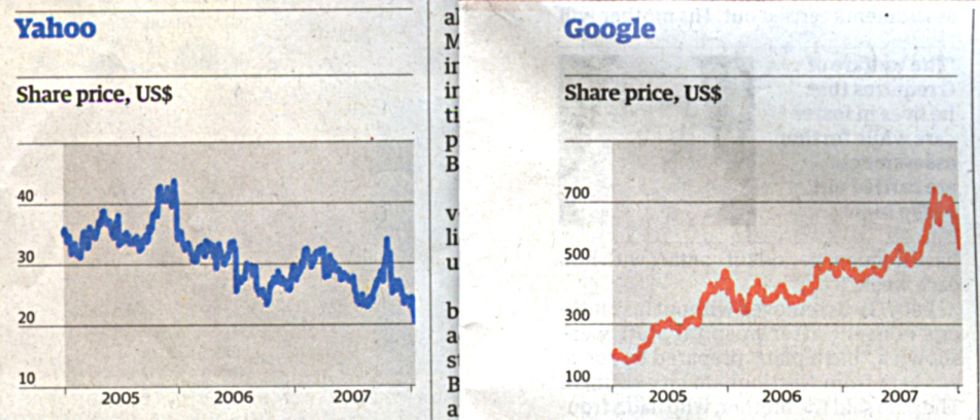California Management Review
California Management Review is a premier academic management journal published at UC Berkeley
by Danielle Miguel

The developed world has rapidly adopted advanced technologies that are transforming our day-to-day lives. With these changes comes a shift in how we view trends of modernization and the integration of global goods and services in the most populated areas. As we become more and more globalized, entrepreneurs seek new solutions to meet our wants and needs — in the new economy, this often amounts to the development of new products and services that improve efficiency, accessibility, and convenience so that we can save more of our precious personal time and energy.
As a direct result of this rapid technological change, start-up companies have emerged in entrepreneurial hubs around the world, attempting to fulfill missions for the greater society. Technology start-ups are often the first to come to mind, but start-up work can encompass myriad disciplines, and can include hybrids like biotechnology and digital communications. As a modern day consumer, we see physical products transform annually, making obsolete even the most recent technologies — like last year’s iPhone. This continuous act of creative destruction eradicates the immobile technologies of the past and sheds light on the convenient new products and services that provide us with simplified solutions to our daily woes — fingerprint recognition technology, for example, became rapidly integrated into our smartphones, making security even simpler than calling up an Uber to avoid biking to work on a rainy day.
The most successful entrepreneurs solve issues that have the greatest collective benefit. If these benefits come at the expense of existing products and industries, they are often labeled “disruptive.” At least, that’s how it was for the music industry. With the iPod, iTunes, and new distribution platforms like Spotify, YouTube, and Soundcloud, artists have been forced to adapt to a new reality where their CDs, mixtapes, and collaborative works are made immediately available for download or streaming. Not only has this model made older products obsolete (R.I.P. Walkman), but it has also changed many people’s relationship to music altogether: our ability to control what we listen to – single tracks, instead of entire CDs, for instance – has made the “hit single” an almost mandatory requirement for artists, as these tend to get the most airplay on the radio and on our devices. So it isn’t hard to see how start-up companies that first aimed to simplify an experience for consumers can have a significant impact on entire industries.
As the start-up world expands its reach to various sectors, entrepreneurs and consumers alike are becoming comfortable today’s forces of modernization and globalization. While start-up culture has simplified and disrupted music, transportation, and various other sectors, technological development itself won’t be spared: competition will continue to fuel innovation, while simultaneously opening doors for opportunities in collaboration.